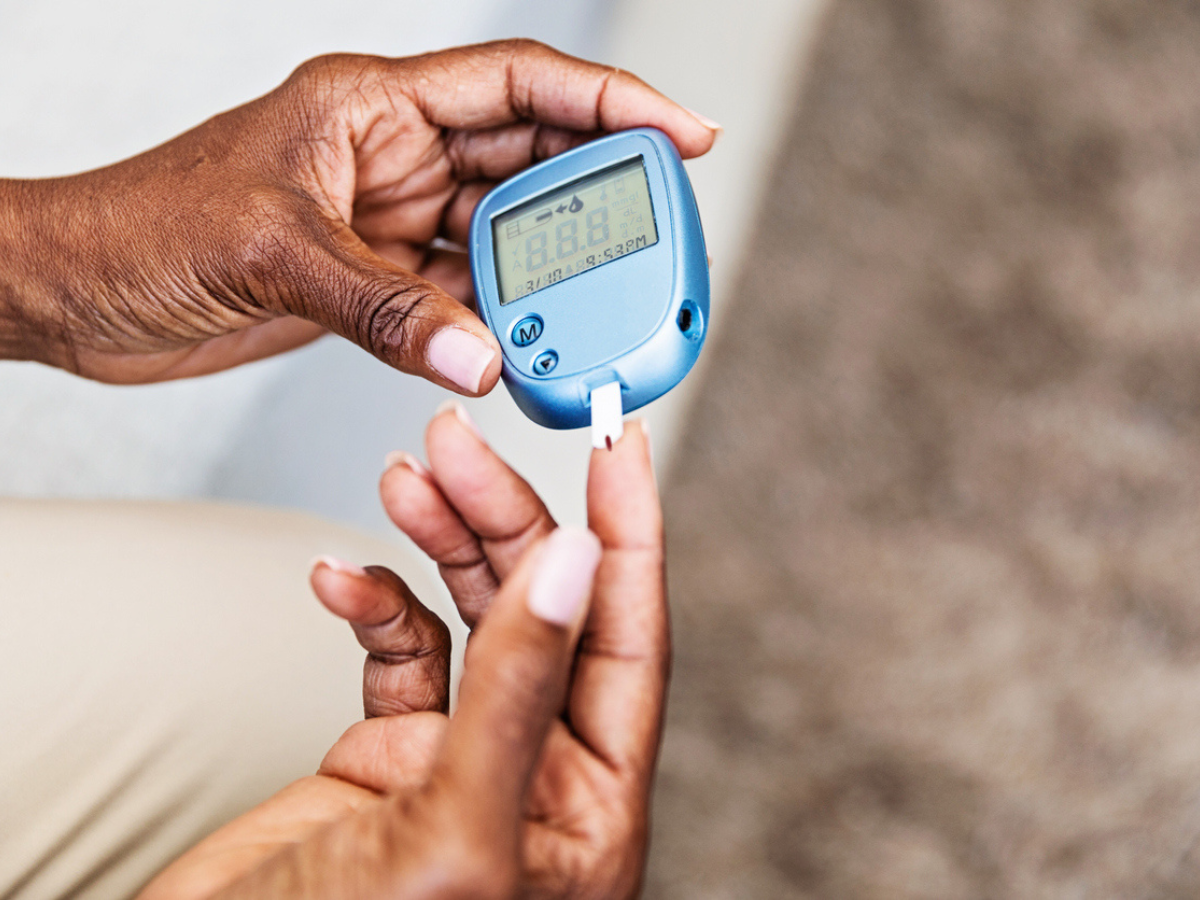
Diabetes and heart diseases are the two serious complications that pop up in every discussion around health. Almost every individual above 40-50 years of age will definitely be seen worrying about and/or dealing with either of these complications or the complications that arise from these diseases.
Even though they are assumed to be remotely connected, diabetes and heart diseases are closely knit to each other.
Read: Can you reverse diabetes without medication?
How does diabetes affect the heart?
High blood sugar damages the blood vessels. This affects the blood flow and hence puts the heart at extreme risk.
The blood sugar decreases the elasticity of the blood vessels. This causes macrovascular disease or damage to large blood vessels and microvascular disease or damage to small blood vessels.
Macrovascular disease leads to heart attack, stroke and peripheral arterial disease.
Microvascular disease leads to damages in the eyes, kidneys and nervous systems.
Majority of people with type 2 diabetes develop cardiovascular disease
Cardiovascular disease is common among people with diabetes, especially those with type 2 diabetes.
The Indian Council of Medical Research (ICMR) also suggests screening for heart diseases for diabetes patients. "Screening for long term complications like retinopathy, nephropathy, neuropathy, peripheral vascular disease (PVD) and coronary artery disease (CAD) at least once a year, more often if needed," the ICMR guidelines read.
Type 2 diabetes is one of the most relevant risk factors for heart failure
Heart failure often manifests as the first cardiovascular event in people with type 2 diabetes, says a 2021 research study published in the Cardiovascular Diabetology journal. The study adds that heart failure is seen in up to 30% of the patients with type 2 diabetes and is common after the age of 70 years.
The World Health Organisation (WHO) also lists diabetes as a potential risk factor for heart failure. Adults with diabetes have a two- to three-fold increased risk of heart attacks and strokes, the WHO says. The reduced flow of blood also damages the nerves of the feet leading to increased risk of foot ulcers and infection and diabetic retinopathy, the damage of the nerves of the eyes.
Pre-diabetics are at a higher risk too
Pre-diabetes is a condition where the blood sugar level of the patient is high but is not high enough to be categorized under diabetes. It might sound relieving, but in fact it is not.
Even individuals with pre-diabetes, as defined by the criteria of the World Health Organization (WHO) and the American Diabetes Association (ADA), are at a 9–58% greater risk of developing
As per a study, it is estimated that more than 470 million people worldwide will have prediabetes by 2030 and up to 70% of them will eventually develop type 2 diabetes.
The macrovascular complications associated with pre-diabetes are congestive heart failure, myocardial infarction or coronary artery disease, peripheral vascular disease, stroke, and endothelial dysfunction.
How to reduce the risk of heart disease?
People who are diabetic should be extra careful about their health. The risk of cardiovascular disease can be reduced by:
regularly checking the blood sugar levelengage in physical activity to bring down the blood sugar level if it is too highregular check up of blood pressure and cholesterol levelfollow doctor's advice if blood pressure/ cholesterol is too higheat a healthy and seasonal dietquit smokingcut down alcohol consumptionOther complications associated with diabetes
Apart from heart diseases, there are several other complications associated with heart diseases. Nerve damage or neuropathy is a very common complication of heart diseases. Almost 10-20% of individuals with diabetes get this complication.
It causes numbness in legs, feet, toes, arms, hands and fingers. Due to loss of sensation many people can not notice sores or wounds in their limbs and also due to poor circulation of blood, the wounds do not heal properly.







